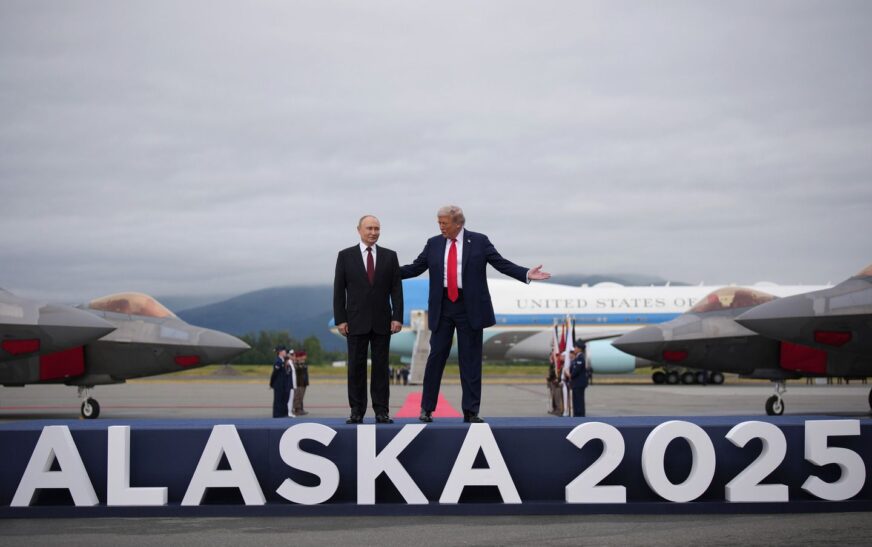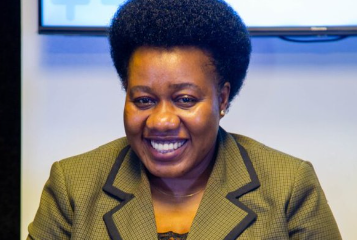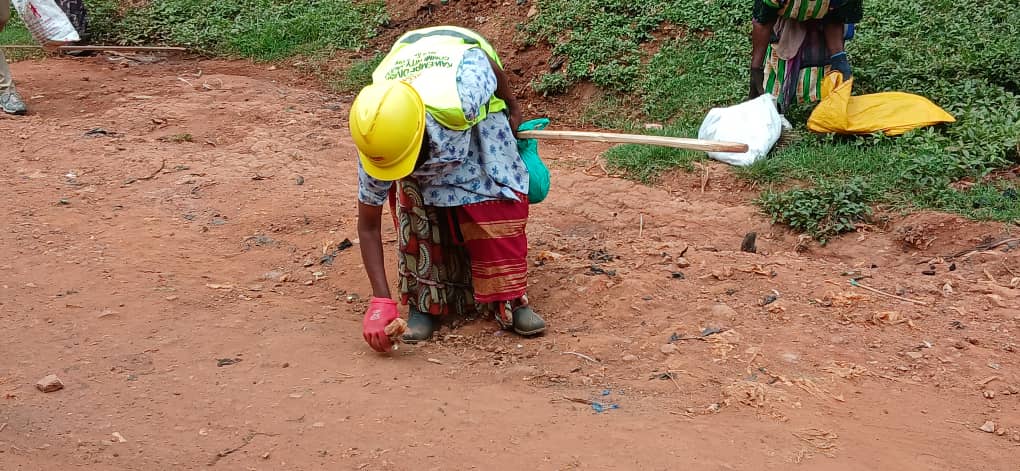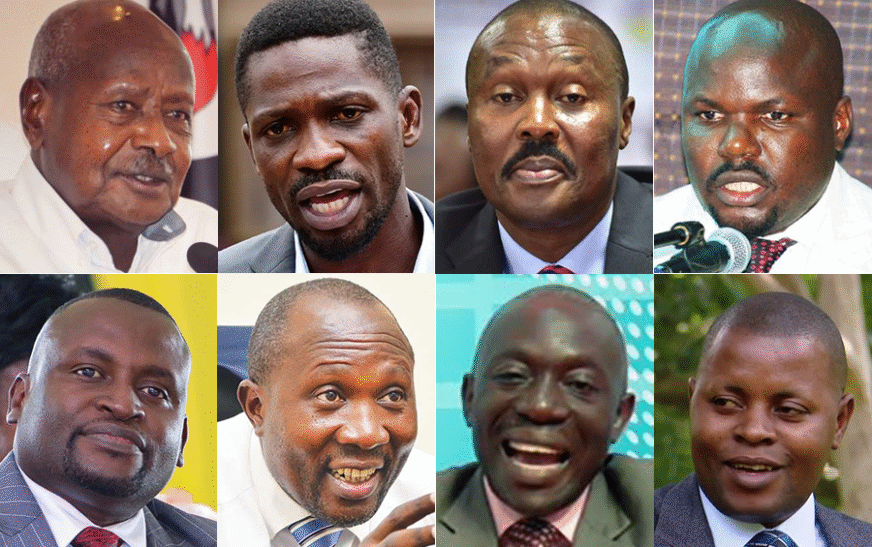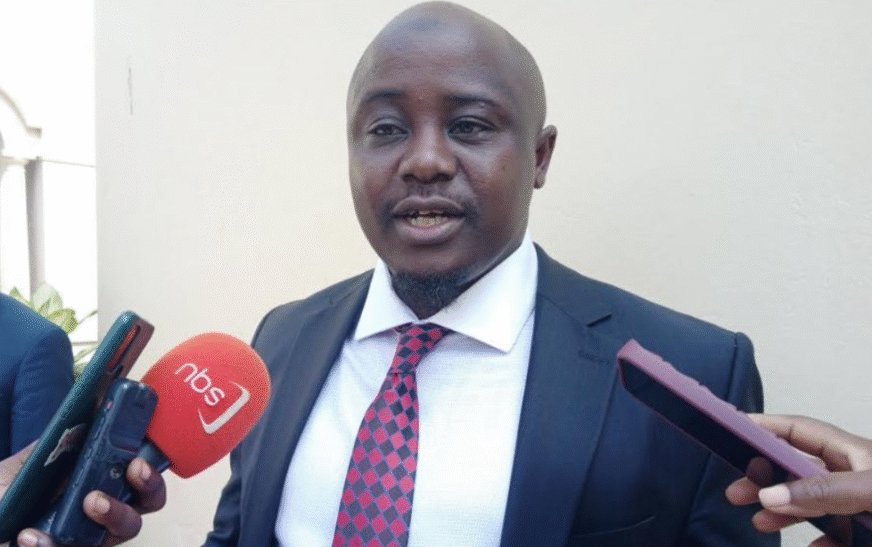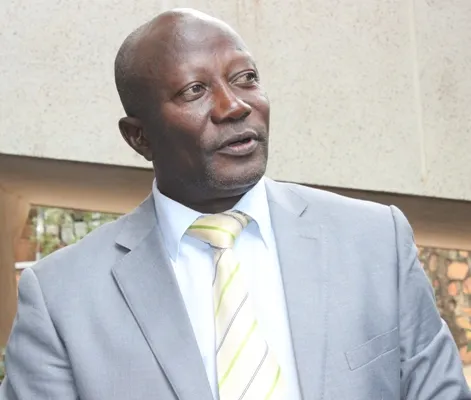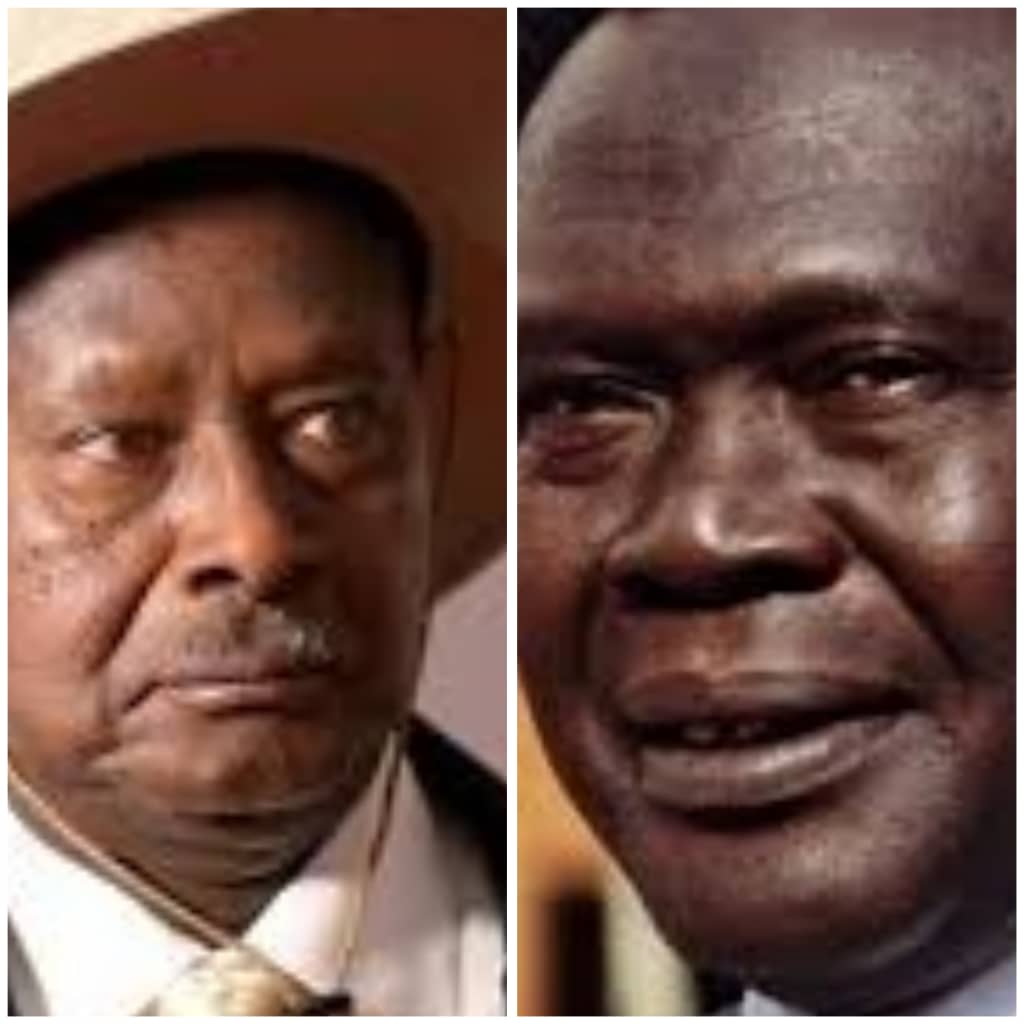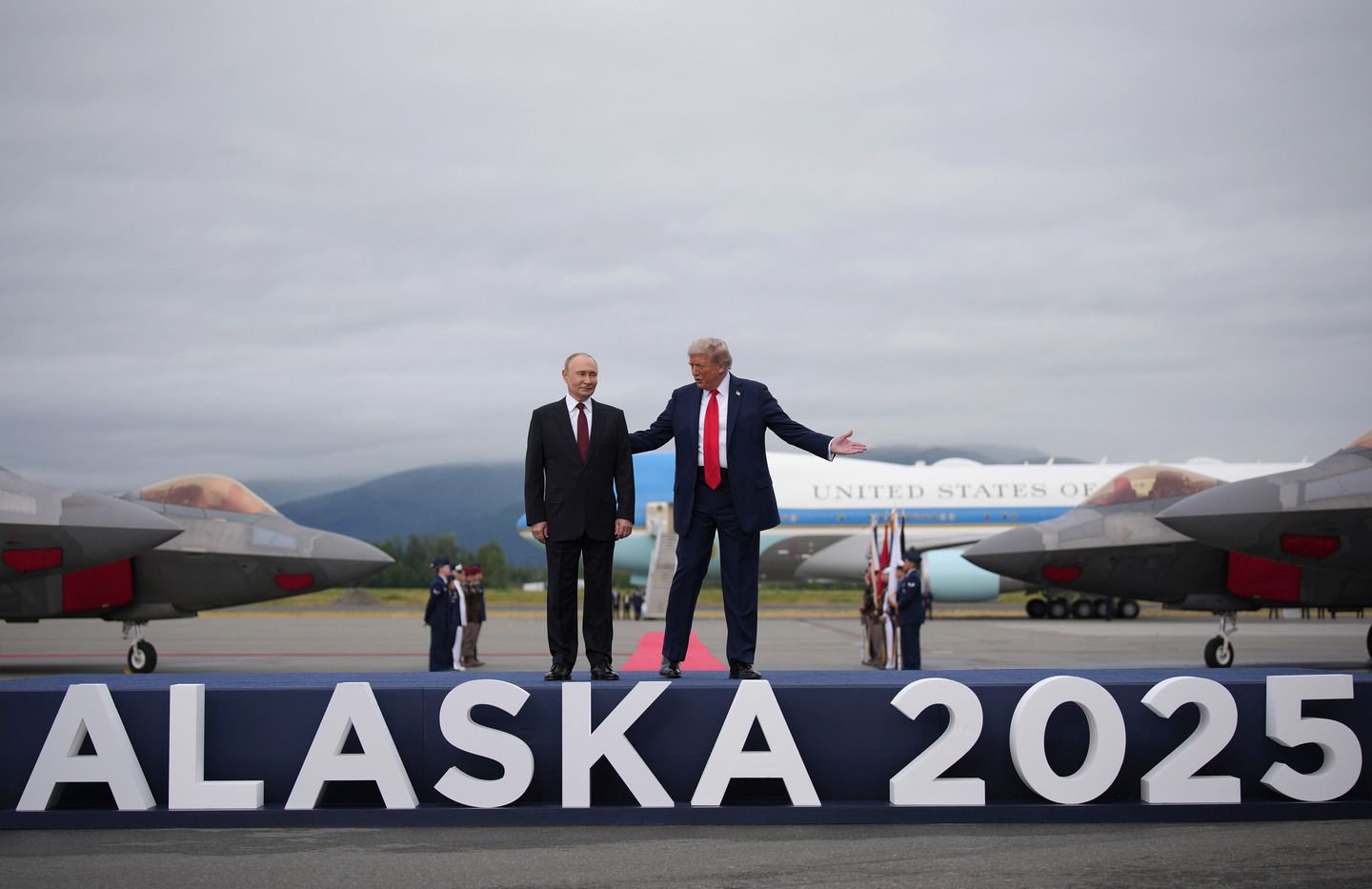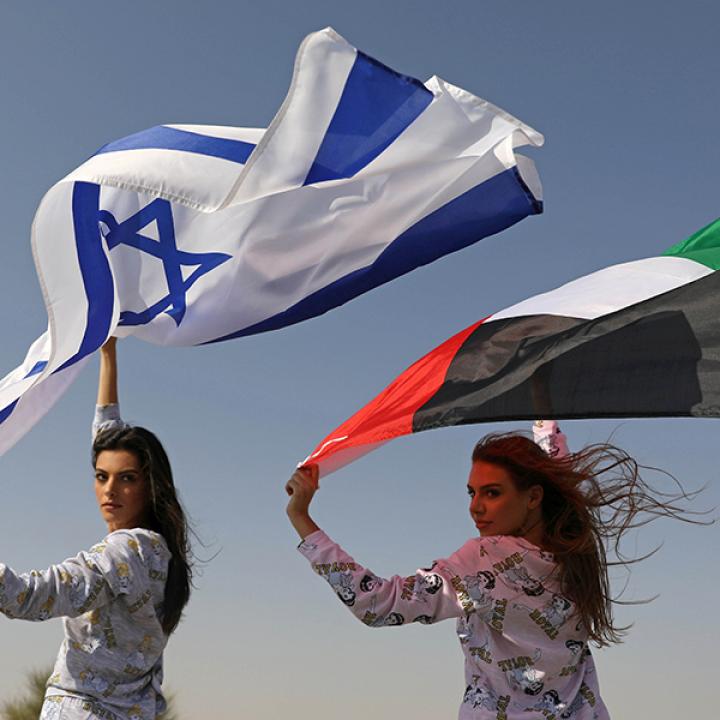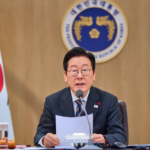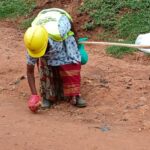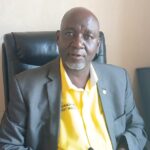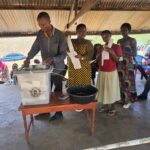Managing shifts of uncertainty in geopolitics
Recap of Part 1
The 12-Day War (13-24 June 2025) of aggression against the Islamic Republic of Iran by USA/Israel began the periodisation of a new history of the final phase of the defeat of imperialism and Zionism in West Asia.
While the War overlapped the Gaza Genocide the Alaska Summit (15 August 2025) aimed to end the Ukraine War.
The USA applied two different approaches to the 12-Day War/Gaza Genocide and the Ukraine War. This is characterized as imperial racism. While the continuation of the 12-Day War on Iran still impends the USA/Israel carried out a military attack on Qatar on 9 September 2025 though Qatar played a mediation role in the Gaza Genocide.
The USA, European Troika (E3), and NATO refuse to provide security guarantees to Gaza, West Bank, Lebanon, Syria, Yemen, Iraq, and Iran as well as to Latin American and African countries.
This proved that Global South countries need to be ‘prepared’ for shifts of uncertainty in geopolitics to defend their sovereignty, territorial integrity, and security guarantees.
Iran’s right to the use of peaceful nuclear power
In spite of the 12-Day War Iran has set itself the task to use diplomatic means to assert its right to the use of peaceful nuclear power.
Iran has written a letter dated 3 September 2025 to the IAEA Board of Governors raising six issues: 1) USA/Israel military aggression on its safeguarded nuclear facilities; 2) cooperation with IAEA; 3) nuclear material; 4) remaining safeguards issues; 5) matters related to the two IAEA inspectors; and 6) new safeguards arrangements under extraordinary war condition.
Safeguarded nuclear facilities
In terms of UN Charter, international law, and humanitarian law Iran asserts its right to protection from the use or threat of force. IAEA neglected to carry out its statutory duties in protecting Iran’s peaceful safeguarded facilities (Article III.B.I of IAEA Statute). This resulted in material damages and loss of human lives. IAEA further neglected to submit a report on the attack to UNSC.
Cooperation with IAEA
The Iranian Parliament passed a new law in June 2025, which gives it the power, inter alia, to exercise oversight on the safeguards commitments because of the extraordinary war conditions created by USA/Israel military aggression while prior negotiations were live. Consequently, Iran held three meetings with IAEA and adopted practical measures for the fulfilment of safeguards obligations.
Nuclear material
Iran’s nuclear material has always been under the constant supervision of IAEA until the military aggression disturbed the supervision, verification, and monitoring. The situation will be restored once peace is reinstated after agreement on the framework.
Remaining safeguards issues
The nuclear material and its related activities have been fully declared to IAEA and subjected to rigorous verification process. There is no undeclared material and activities. Iran and IAEA need to agree on safety, security, and safeguards, which the military aggression had disturbed.
The IAEA DG’s Report, Final Assessment on Past and Present Outstanding Issues regarding Iran’s Nuclear Programme, (GOV/2015/68) of December 2015 confirms that the outstanding issues have been resolved.
Matters related to the two Agency inspectors
There was a violation of Iran’s security protocol as reflected in IAEA letter MV-IRA-31.1/SGVI/2025 in that two inspectors illegally removed highly confidential documents from the facility and transferred them out of Iran.
New safeguards arrangements under Extraordinary War Condition
Although IAEA INFCIRC/214 lacks provisions for the implementation of safeguards measures under war condition Iran has entered into negotiations on the basis of its commitment to the NPT and Comprehensive Safeguards Agreement.
Supreme National Security Council (SNSC)
Iran’s SNSC has approved of the negotiations provided Iran’s rights and safety are respected. The SNSC has powers devolved on it through national legislation. It has a specialised committee known as the Nuclear Committee.
The Cairo Agreement provides for the exploration of ways to allow IAEA inspectors to access Esfahan, Natanz, and Fordow nuclear sites. Only after Iran has established the security and safety conditions it would submit a report to SNSC for approval. Thereafter it would submit the report to IAEA. All actions must also be approved by SNSC in order to prevent another 12-Day-type war and the re-imposition of USA and E3 sanctions.
Iran at 69th IAEA General Conference in Vienna (15-19 September 2025)
Iran considered the 69th session as an opportunity to present its positions directly and confront the two-faced standards of IAEA – one favouring the West and one favouring the EastPlus.
Iran prepared a proposed resolution and placed it on the agenda. The resolution was titled Prohibition of all forms of attack and threats of attack against nuclear sites and facilities under IAEA safeguards.
It called for a legal ban on military attacks on global nuclear sites. It met with hostility by the West and approval by the EastPlus before the commencement of the session. The USA opposed the proposed resolution and threatened to cut IAEA funding should the resolution be adopted. Should the resolution be rejected Iran considered that it would have served the purpose of raising international awareness and to demonstrate a violation of the UN Charter. In an opposite way it also demonstrated the need for cooperation on international law and NPT.
Iran with diplomatic sensitivity made every effort to rebuild trust with the adversary, which is necessary for negotiations in good faith.
On 19 September 2025 the UNSC voted against Iran’s proposed resolution by 9 to 4 votes and 2 abstentions. It re-imposed sanctions on Iran. Russia said that there were no legal, political or procedural reasons for the re-imposition. China said that it would ‘exacerbate State confrontations’. Russia and China said that they would not re-impose sanctions because they were ‘illegal’ and ‘invalid’.
On 20 September 2025 SNSC, after deliberation, it was declared that the actions of the European states effectively suspended cooperation with IAEA. But Iran will continue to seek a diplomatic solution. Outside of, and before, the meeting Russia and China said that they would present alternative approach to diplomacy.
The 12-Day War on Iran and the USA/Israeli military attack on Qatar/Hamas on 9 September 2025 as well as the re-imposition of UN sanctions on Iran are a lesson in being ‘prepared’ for shifts of uncertainty in geopolitics. It is also a lesson on the need to adhere to legal instruments such as the UN Charter, Arab League Charter, and OIC Charter.
Doha Summit: Fianl Communique (15 September 2025)
The Communique is voluble in its condemnation of the USA/Israeli military attack on Qatar and declaration of solidarity with Qatar. It, inter alia, is against the general use of force against territorial integrity or political independence of any state. It is for the security and sovereignty of Arab and Islamic states.
It states that it is ‘our collective duty to respond to this aggression in defence of our shared security’.
It acknowledges the mediating role played by Qatar, Egypt, and USA. It notes the silence of the international community in spite of the weakening of international justice and the threat to undermine rules-based global order. It urges the ‘international community to put an end to repeated Israeli aggressions’.
It states that Israel undermines prospects for achieving peace in the region. It condemns the military aggression.
It stands with ‘Qatar in all measures it deems necessary to respond to this treacherous Israeli attack’. It commends Qatar for its ‘insistence on safeguarding its sovereignty and security…by all legitimate means.’ It condemns Israeli threats to target Qatar or any Arab or Islamic state.
It condemns Israeli crimes in Gaza and emphasises the need to implement the Arab-Islamic plan to reconstruct Gaza and urges participation in the Gaza Reconstruction Conference to be hosted in Cairo after the ceasefire.
Silence of the Doha Communique
While the communique is voluble in condemnation it is silent on Qatar’s legal right to equal proportional military action against Israel.
Ironically, Qatar allowed RAF to refuel, in its airspace, fifteen IDF fighter jets that carried and dropped ten bombs. It enabled the jets to return safely to Israel, 2200km away.
UNGA on Palestine
While the elite make plans for Gaza, ultimately, the Gazans themselves will determine their plans for and by themselves and elect their own trustworthy leaders. They will determine their own decolonial statecraft, democracy, and human rights notwithstanding UNGA ‘Agenda item 35: Question of Palestine – Draft Resolution – A/80/L.1/Rev.1’ (12 September 2025).
Gulf Cooperation Council (GCC)
The Extraordinary Session of the Supreme Council of the Gulf Cooperation Council (GCC) on the Israeli Aggression Against the State of Qatar held a meeting in Doha and issued its Final Statement on 15 September 2025.
The 11-point Statement condemned the aggression; affirmed its solidarity with Qatar; directed its Joint Defence Council (JDC) to hold an urgent meeting; described the aggression as a direct threat to joint Gulf security; warned that such illegal aggression would lead to serious repercussions; emphasised the necessity for the international community to fulfil its ‘moral and legal responsibilities’ and to deter Israel; commended Qatar’s Civil Defence for its immediate handling of the incident; affirmed that the attack obstructed Qatar’s mediation role; emphasised adherence to the UN Charter; thanked the brotherly Arab and Islamic nations that condemned the attack; and called upon all nations to condemn the aggression.
Effectively, the GCC outsourced action against Israel to the international community and directed its JDC to hold an ‘urgent meeting’. But the GCC took no decision to apply – because ‘any attack on one of them is an attack on all’ – their right to military action of equal proportionality permitted by international law. The pacifist Statement is full of militant adjectives.
UN Human Rights Council
On 16 September 2025 the UN HRC issued its ground-breaking Genocide Report, Legal Analysis of the conduct of Israel in Gaza pursuant to the Convention on the Prevention and Punishment of the Crime of Genocide. It gathered evidence painstakingly over a period of two years (2023-2025). What is unique about it is that in compliance with the fivefold definition of the intention of committing genocide it gathered evidence as follows:
- Killing members of the group;
- Causing serious bodily or mental harm to members of the group;
- Deliberately inflicting on the group conditions of life calculated to bring about its physical destruction in whole or in part;
- Imposing measures intended to prevent births within the group.
It could not gather evidence in compliance with:
- Forcibly transferring children of the group to another group.
The mental element is the intention to destroy the group deliberately and to impose measures that prevent births. It goes beyond negligence, accident, collateral damage, and punishment.
The international community now has a framework and a basis not only to punish but also to prevent genocide.
UNGA Resolution: Uniting for Peace
UNGA adopted Resolution 377 A (V) (1950) dubbed as Uniting for Peace. It states that when UNSC fails to exercise its primary responsibility due to lack of unanimity among the permanent members then the UNGA can seize itself of the matter. UNGA can make appropriate recommendations for ‘collective measures…including the use of armed force when necessary’.
Accordingly, President Michael D Higgins of Ireland has supported the idea for the UN Secretary-General to invoke powers under Chapter Seven of the UN Charter to use the mechanism that allows for enforcement action. He said, ‘the right exists for the Secretary-General to seek to put together an international defence of a corridor.’
As at 4 August 2025 there were 6000 trucks with enough food for three months, which have been blocked.
Conclusion
As imperial power recedes the power of the Global South advances rapidly – not through wars but on economic, political, social, and cultural merits. There is a gradual multipolar redistribution of power taking place regionally in the Global South with equitable tendencies. It cascades to grassroots civil society as demonstrated by youth in Sri Lanka, Bangladesh, Kenya, Nepal, Indonesia as well as anti-Gaza Genocide resistance throughout the world including the metropolises of imperial countries. This is part of shifts of uncertainty in geopolitics, which have to be skilfully managed. States have, primarily, to rely on themselves and their peoples to assert their rights to sovereignty, security guarantee, territorial integrity, and human dignity.
by Haroon Aziz, South Africa

